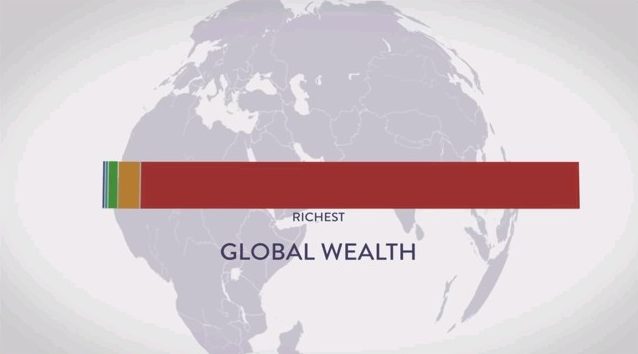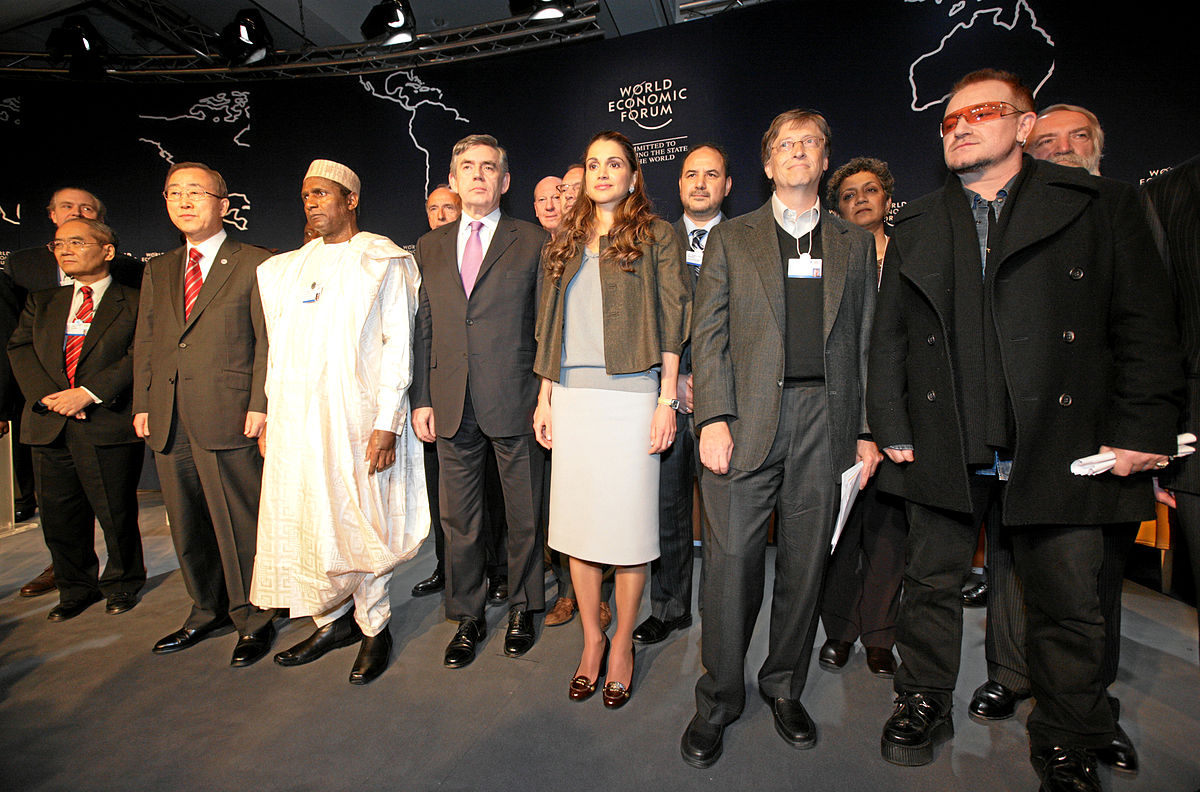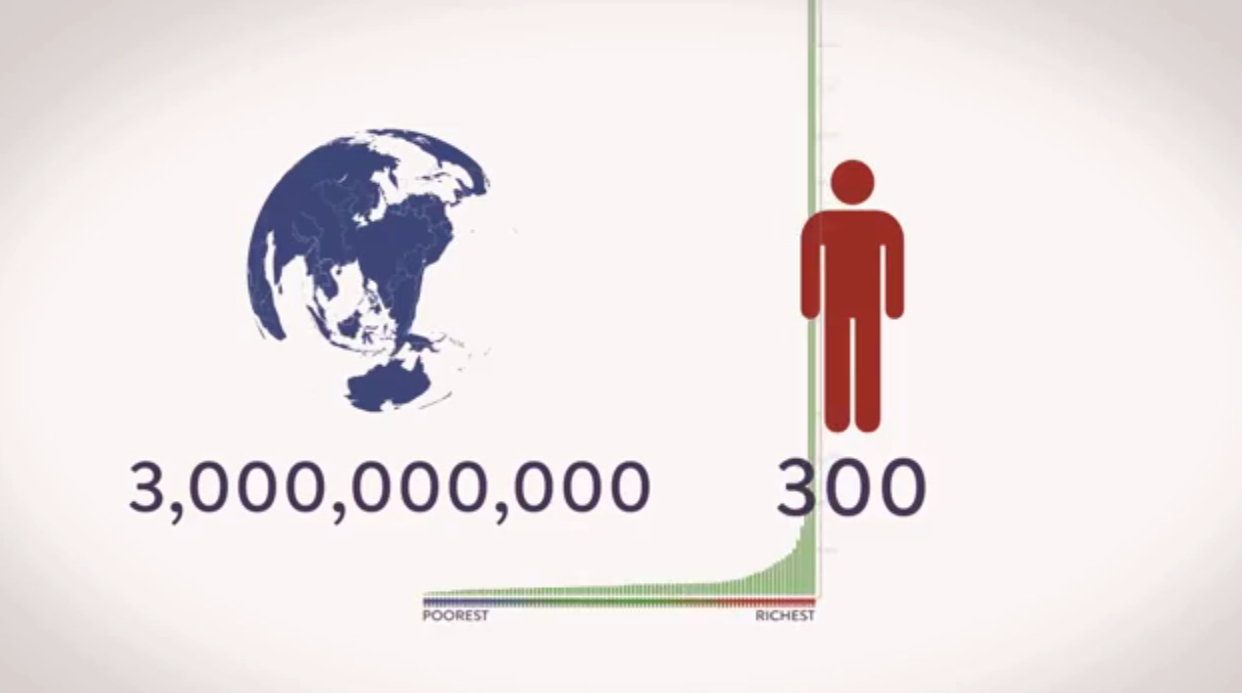We take great exception to the press statement issued by the World Bank[1] in which it attempts to distance itself from this forced relocation of the Sengwer People. The cause and effect is perfectly clear; the Bank in its highly controversial role as both carbon credit financier and broker is aiding and abetting the forced relocation of an entire Indigenous People through its Natural Resource Management Plan (NRMP) which includes REDD (Reducing Emissions from Deforestation and Forest Degradation), in the region.
NRAN together with 65 organizations and renowned human rights activists are alarmed at the obvious connection between these evictions and the World Bank’s funding of the Kenyan government’s REDD+ ‘readiness’ program in the Cherangany Hills through the bank’s Natural Resource Management project. REDD is a highly controversial emissions reduction scheme that uses forests, plantations and lands in the Global South as carbon offsets and supposed sponges of carbon emissions and fossil fuel pollution from the Global North.
“The denial of complicity by the World Bank in the forced eviction of the Sengwer people from their forests is ludicrous, said Nnimmo Bassey, founder of Health of Mother Earth Foundation (HOMEF) in Nigeria and former Chair of Friends of the Earth International. “We will not be fooled as the fingers of international financial institutions (IFI’s) like the World Bank and other carbon cowboys are clearly visible in the unrepentant push of neoliberal agenda to exploit, despoil and displace poor communities and grab their resources including carbon. This nonsense must stop,” he continued.
In the Maputo Declaration (2013)[2] we had predicted that REDD-type projects would lead to displacement of forest-dependent communities, servitude, killings, repression and other human rights abuses, and the Sengwer Peoples’ plight is a clear example of what we condemn and why there must be no REDD in Africa, said Anabela Lemos, founder and Director of Justiça Ambiental, Mozambique.
“We demand that the government of Kenya recognize and promote the kind of conservation practiced by the Sengwer and other forest peoples, that has clearly shown that forest ecosystems, protected areas and other natural resources are well protected when the rights of forest indigenous communities are recognized”, said Yator Kitum, a spokesperson of the Sengwer people.
“We are demanding that the Kenyan government immediately stop the evictions and provide reparations to the Sengwer people, in addition to providing a formal apology recognizing their rights, said Ruth Nyambura, Advocacy & Communications Coordinator at the African Biodiversity Network in Nairobi. “We are also calling on the UN and African Commission on Human and Peoples’ Rights to respond to these demands and requests, and take the corresponding action, she continued”.
The No REDD in Africa Network has repeatedly warned that the scale of REDD-related land grabs in Africa could be so massive that they may eventually constitute a “continent grab.”
Link to the letter:
http://www.no-redd-africa.org/images/pdf/sengwernranletter12march2014.pdf
FOR MORE INFORMATION:
- No REDD in Africa Network (NRAN) – http://no-redd-africa.org/
- Nnimmo Bassey, Health of Mother Earth Foundation (HOMEF), Nigeria: +234 8037274395, or email nnimmo@homef.org
- Anabela Lemos, Justiça Ambiental, Mozambique: +258 823325803, or email anabela.ja.mz@gmail.com
- Ruth Nyambura, African Biodiversity Network (ABN): +254 723 795065, or email ruth@africanbiodiversity.org.
[1] World Bank Statement – http://www.worldbank.org/en/news/press-release/2014/02/06/world-bank-statement-on-embobut-forest-and-cherangany-hills-evictions-in-kenya
[2] No REDD in Africa Network Maputo Declaration. http://no-redd-africa.org/index.php/declarations/42-maputo-statement-no-redd-in-africa-network-declaration-on-redd








Leave a Comment